
12 Urgent Warning Signs You’re Eating Too Much Sugar
Sugar is a common part of many people's diets, and it’s often hidden in places you wouldn’t expect—like sauces, bread, salad dressings, and even "healthy" snacks. While a small amount of sugar is acceptable, excessive sugar intake can lead to a wide range of health issues. Unfortunately, many people don’t realize they’re consuming too much until symptoms start to appear. Here are 12 urgent warning signs that you might be eating too much sugar.
1. Constant Fatigue and Low Energy
One of the most common signs of sugar overload is constant tiredness. Although sugar can give you a quick energy boost, it is followed by a rapid crash. If you find yourself feeling drained all the time, it could be due to sugar spikes and crashes.
2. Frequent Cravings for Sweet Foods
Craving sugar regularly is a clear indication that your body has developed a dependency on it. Sugar activates the brain’s reward system, making you want more—similar to how addictive substances work.
3. Weight Gain
Sugar, especially in the form of sweetened beverages and desserts, contributes to excess calorie intake. Since sugar is often stored as fat when not used for energy, it plays a major role in unwanted weight gain.
4. Skin Problems
Too much sugar can cause inflammation in the body, which may lead to acne, eczema, or premature wrinkles. If your skin is breaking out more than usual, it might be time to check your sugar intake.
5. Mood Swings and Irritability
Sugar impacts brain function and mood. You might feel happy right after eating something sweet, but that feeling can quickly turn into irritability or anxiety as your blood sugar levels crash.
6. Frequent Illness
Excessive sugar can weaken the immune system, making it harder for your body to fight off infections. If you get colds or flu more often than usual, high sugar intake could be a factor.
7. Dental Problems
Sugar feeds the bacteria in your mouth, leading to cavities and gum disease. If you're noticing more toothaches or trips to the dentist, sugar could be the culprit.
8. Trouble Sleeping
Sugar can interfere with your sleep cycle. High sugar consumption, especially late in the day, can make it harder to fall asleep or stay asleep through the night.
9. Digestive Issues
Too much sugar can disrupt your gut health, leading to bloating, gas, and even constipation. It can also promote the growth of harmful gut bacteria and yeast.
10. Brain Fog or Difficulty Concentrating
Having trouble staying focused or remembering things? Sugar can affect cognitive function and concentration due to fluctuating glucose levels in the brain.
11. High Blood Pressure
While most people associate salt with high blood pressure, sugar can be just as bad—if not worse. Diets high in sugar have been linked to increased blood pressure and heart disease.
12. Increased Appetite
Ironically, sugar doesn't make you feel full. In fact, it can increase hunger and lead to overeating. This is because it interferes with the hormones that regulate appetite, like leptin and ghrelin.
Conclusion
Recognizing these signs early can help you take control of your health before serious conditions develop. Cutting back on sugar doesn’t mean giving up all sweet foods—but it does mean being more mindful of what you consume. Start by reading labels, avoiding sugary drinks, and choosing whole, unprocessed foods. Your body—and mind—will thank you in the long run.
News in the same category


5 Unconventional Signs of Breast Cancer That You Must Know About

Low FT3 Levels Predict Risk for Nerve Damage in Diabetes

Doctors Urge: Don’t Ignore Unexplained Bruising — These Hidden Reasons Could Be the Cause
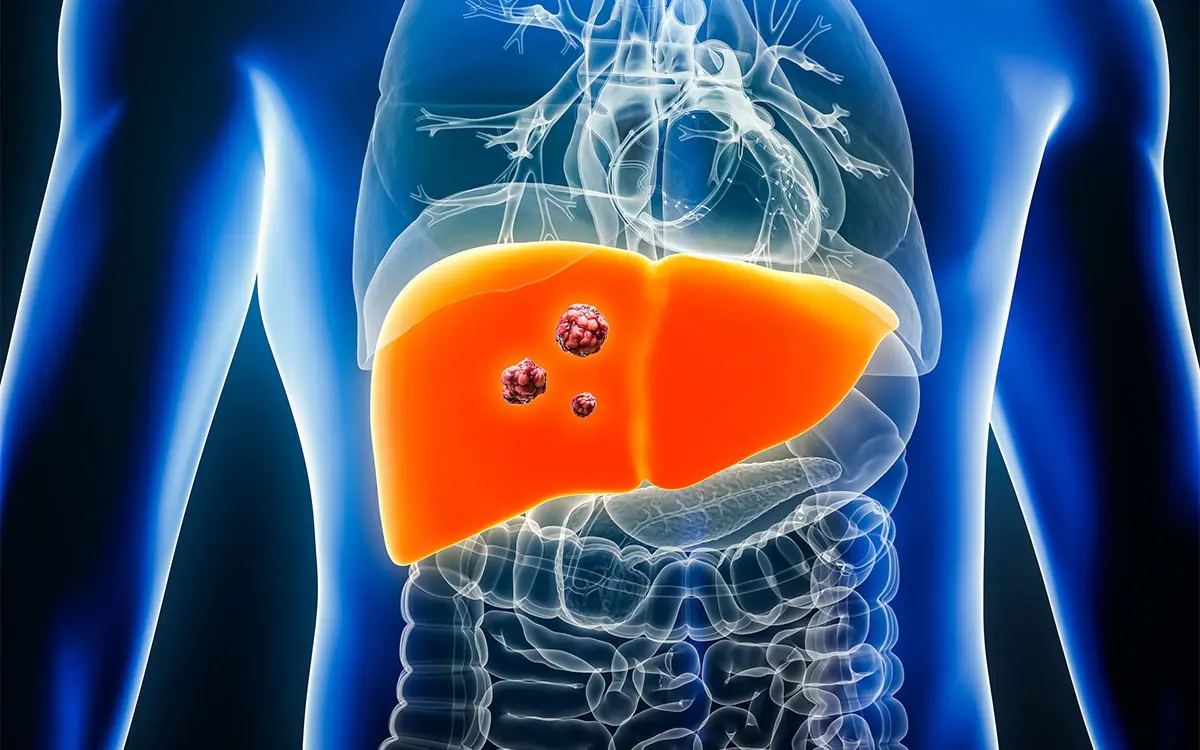
5 Common Habits Silently Destroying Your Liver (Most People Do Them!)

Where Do You Stand on the Sitting-Rising Test?

The Ultimate Guide to Marinating Fish
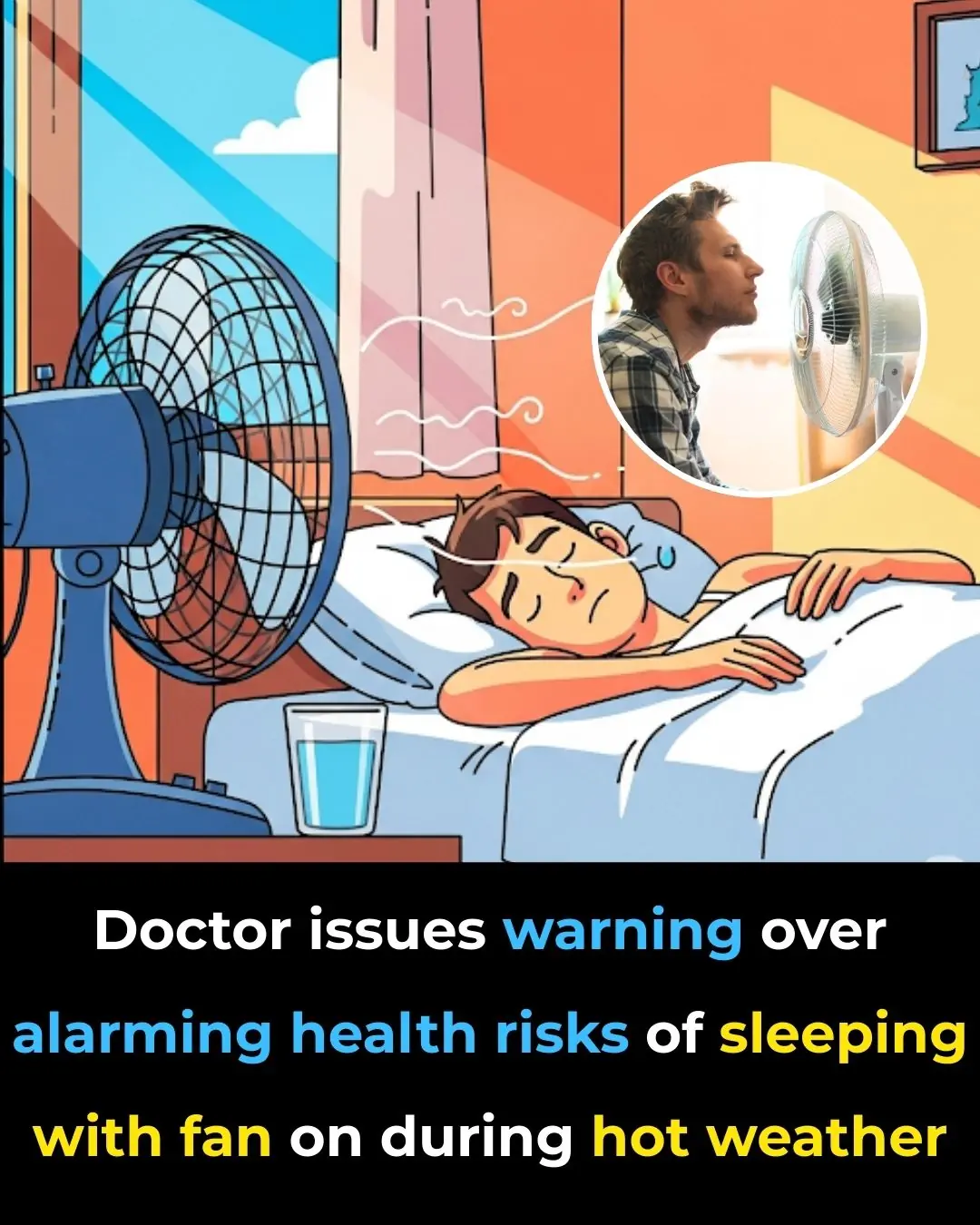
The Pros and Cons of Sleeping with a Fan On
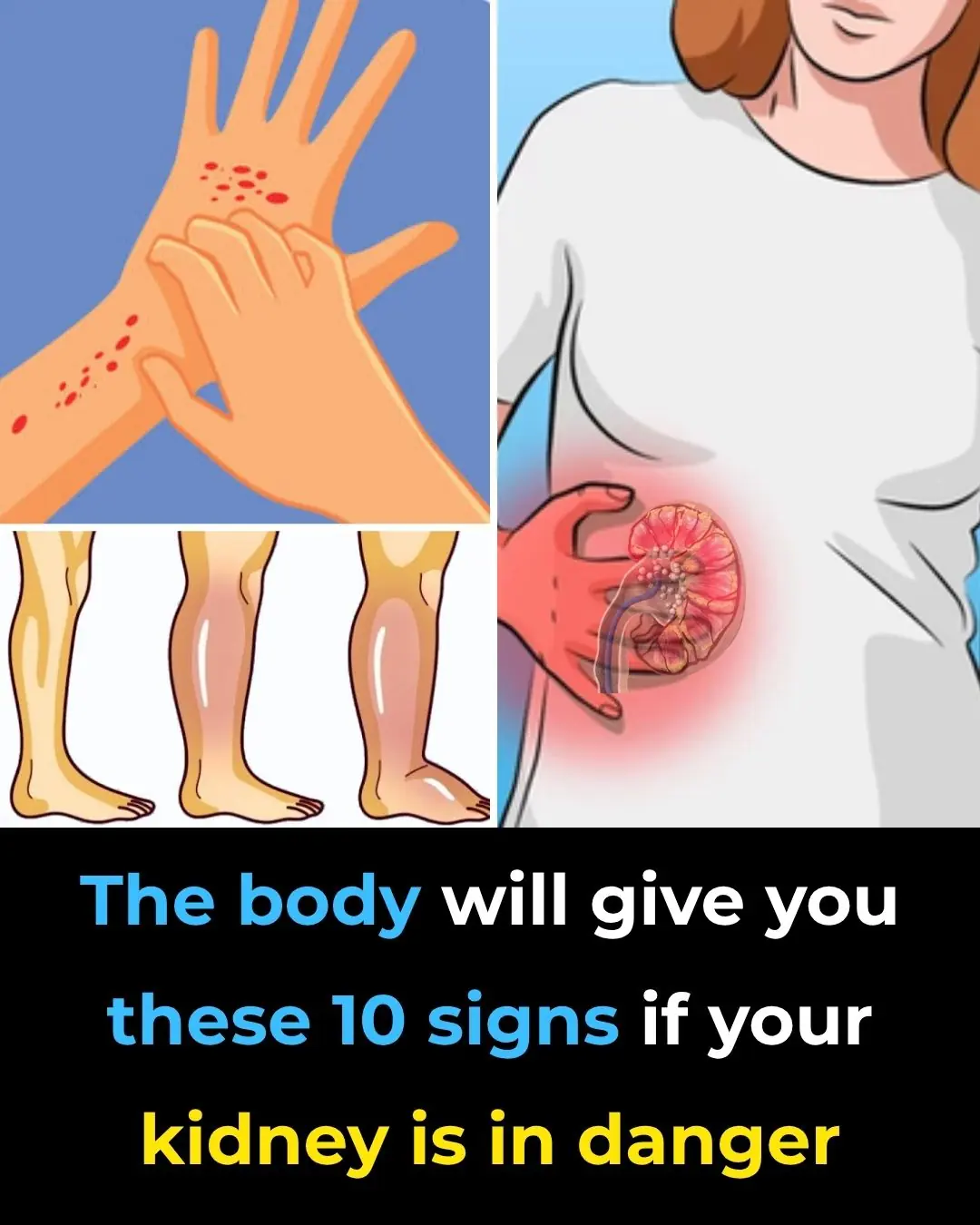
10 Symptoms of Kidney Disease

5 Potential Health Benefits of Macadamia Nuts

How to Exercise Safely When You Have Atrial Fibrillation
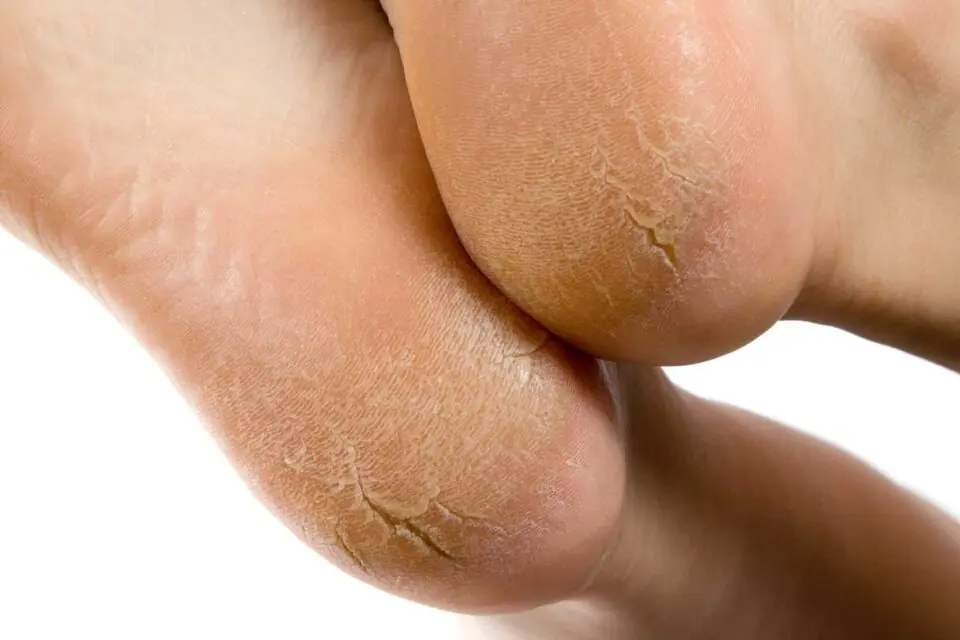
How to Get Rid of Dead Dry Skin on Feet
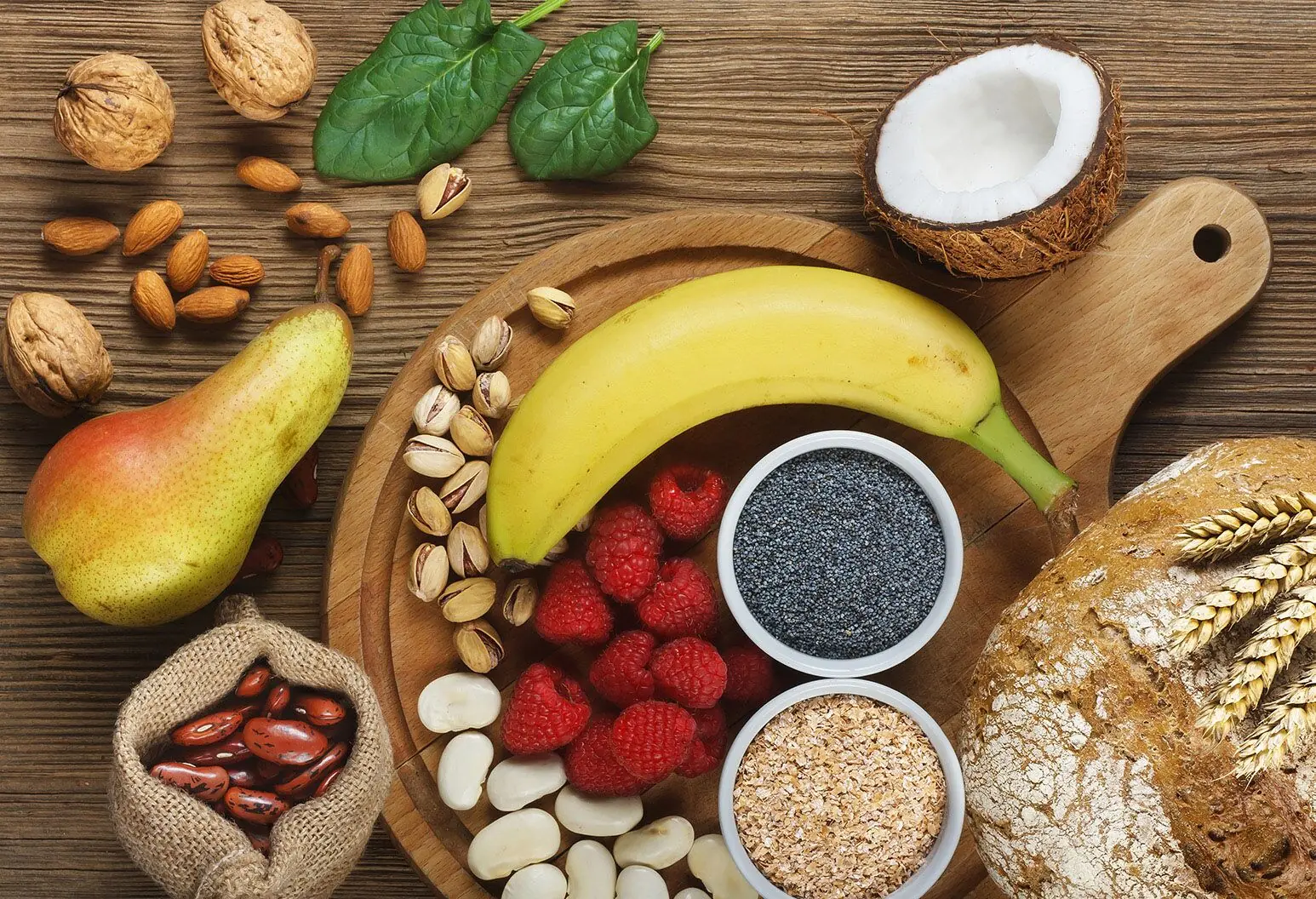
Foods to Eat if You Need to Poop – The Best Natural Laxatives

How to Make Onion Juice for Hair Growth & Strong Hair

3 Best Ways to Boil Sweet Potatoes for Maximum Flavor
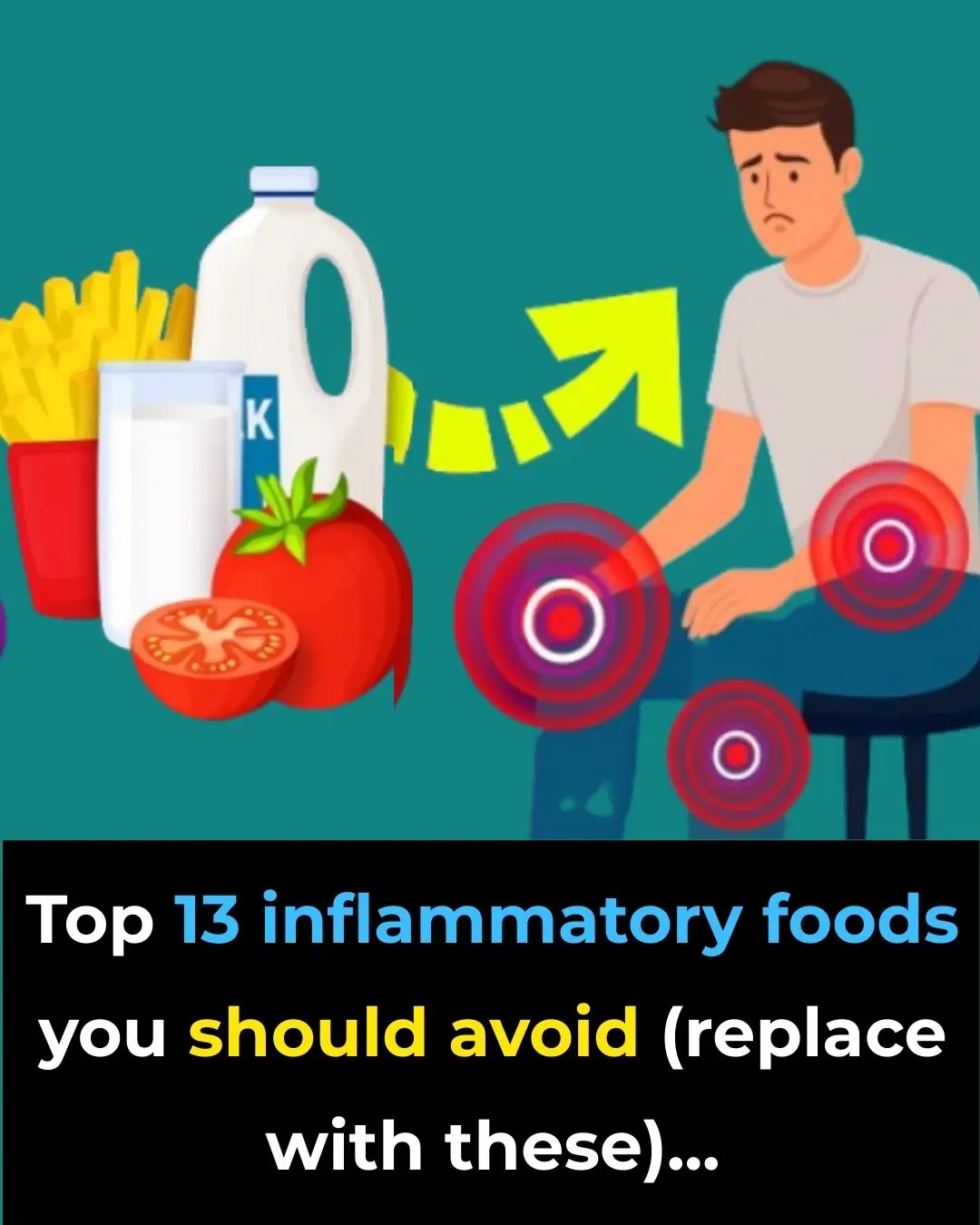
Top 13 Inflammatory Foods You Should Avoid (Replace with These)

Why You Should Drink THIS Warm Turmeric Water In The Morning

14 Warning Signs of Low Magnesium Levels and What to Do About It (Science Based)
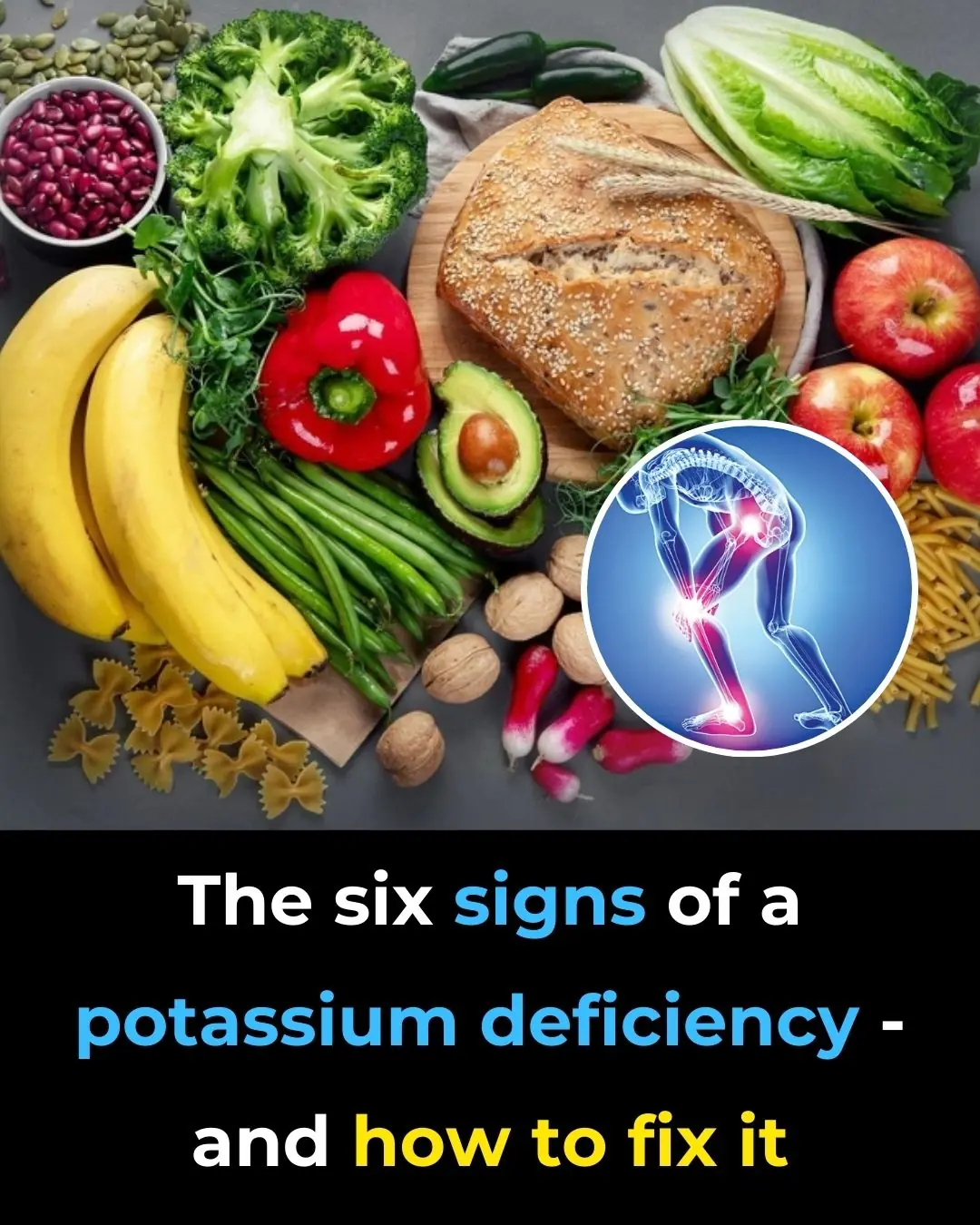
The Six Signs Of A Potassium Deficiency – And How To Fix It
News Post

14 Warning Signs of Low Magnesium Levels and What to Do About It (Science Based)

5 Unconventional Signs of Breast Cancer That You Must Know About

Low FT3 Levels Predict Risk for Nerve Damage in Diabetes

Doctors Urge: Don’t Ignore Unexplained Bruising — These Hidden Reasons Could Be the Cause

5 Common Habits Silently Destroying Your Liver (Most People Do Them!)

Where Do You Stand on the Sitting-Rising Test?

The Ultimate Guide to Marinating Fish

The Pros and Cons of Sleeping with a Fan On

One Button, Big Savings: Cut Energy Costs with Every Wash

10 Symptoms of Kidney Disease

10 Types of Toxic Friends to Avoid

Index Finger Length: Personality and Fortune

5 Potential Health Benefits of Macadamia Nuts

How to Exercise Safely When You Have Atrial Fibrillation

How to Get Rid of Dead Dry Skin on Feet

Foods to Eat if You Need to Poop – The Best Natural Laxatives

How to Make Onion Juice for Hair Growth & Strong Hair

3 Best Ways to Boil Sweet Potatoes for Maximum Flavor
